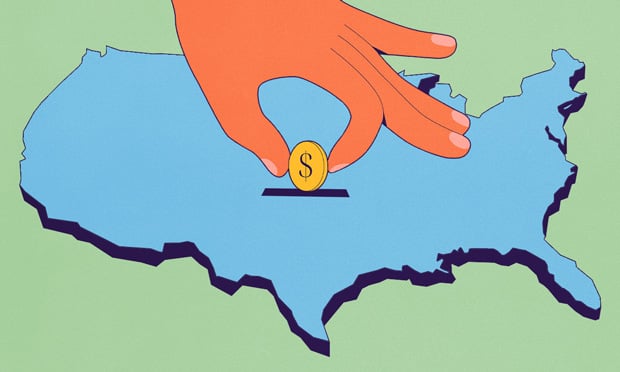Federal budget hawks eyeing tax incentives for 401(k)s should take note: low-wage workers get a better deal out of these plans than what was previously thought.
It's estimated revenue loss associated with contributions to IRAs and 401(k)s will exceed $1 trillion over the next decade. Tax reformists have been looking for ways to justify scaling back incentives and have often cited a plan flaw that results in middle- and lower-income earners getting the short end of the tax stick.
William Gale, a senior fellow at the Brookings Institution explains: if two taxpayers are both contributing $6,000 to a 401(k), and one has high income and faces a marginal tax rate of 35 percent, by contributing to the 401(k), she reduces taxes owed by $2,100 (35 percent of the $6,000 contribution). The other, with relatively low income, is in the 10 percent tax bracket, so the 401(k) contribution only reduces taxes by $600.
Continue Reading for Free
Register and gain access to:
- Breaking benefits news and analysis, on-site and via our newsletters and custom alerts
- Educational webcasts, white papers, and ebooks from industry thought leaders
- Critical converage of the property casualty insurance and financial advisory markets on our other ALM sites, PropertyCasualty360 and ThinkAdvisor
Already have an account? Sign In Now
© 2024 ALM Global, LLC, All Rights Reserved. Request academic re-use from www.copyright.com. All other uses, submit a request to [email protected]. For more information visit Asset & Logo Licensing.








